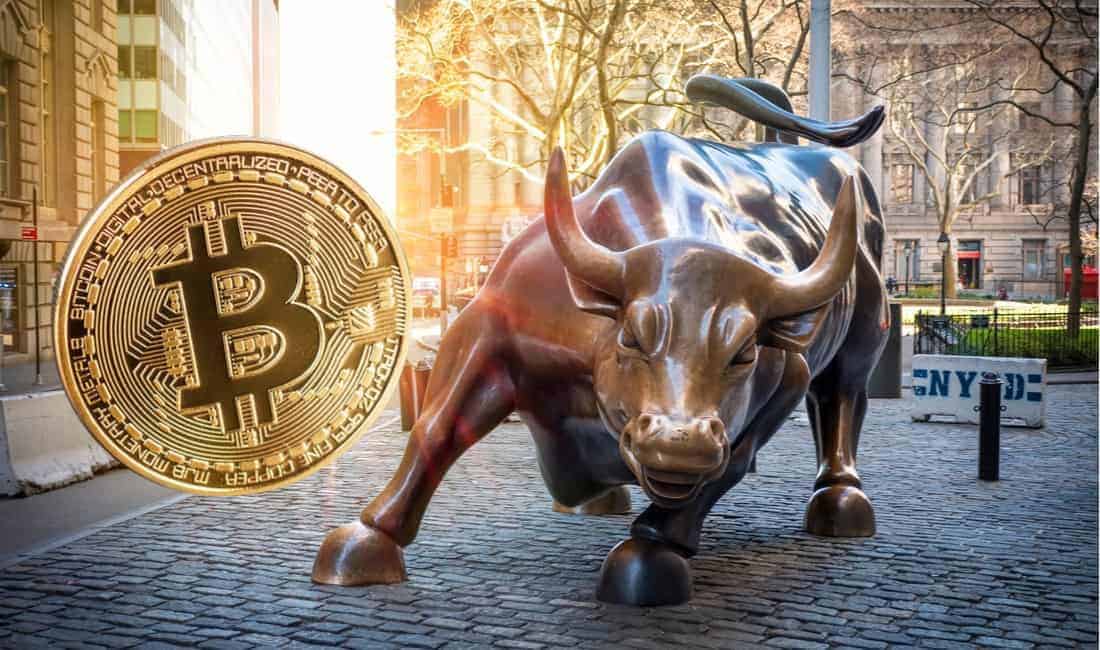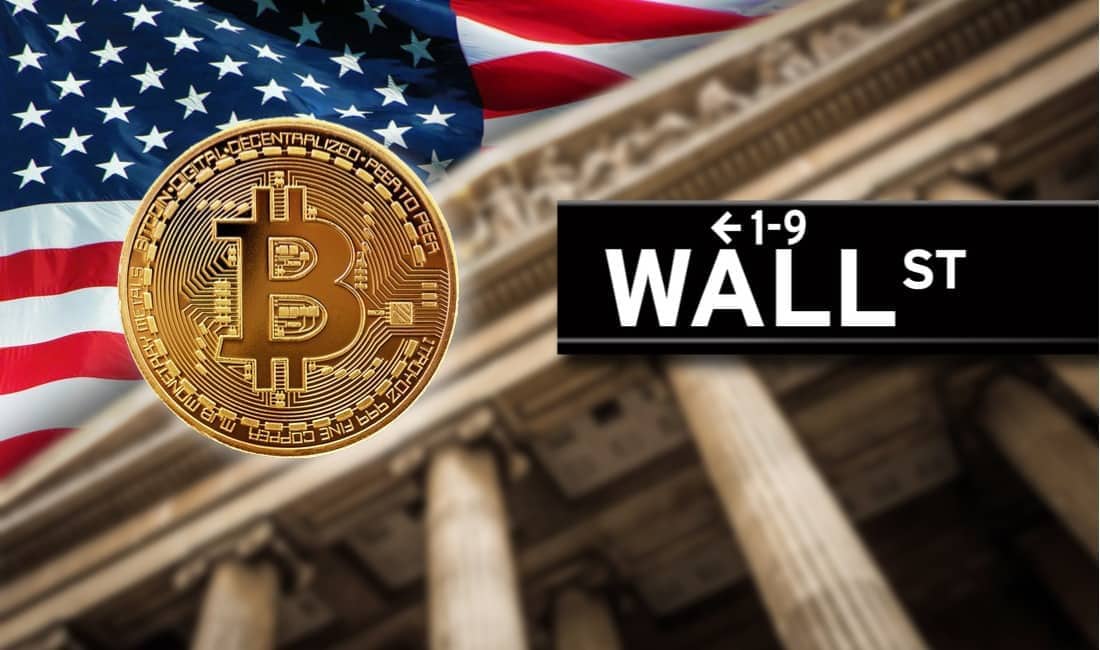Many in the cryptocurrency scene consider the wider adoption of blockchain and digital asset exchanges both an inevitability and a requirement for the long-term stability of the crypto market. Others, however, worry that mainstream adoption will force cryptocurrencies to conform to the conventions of traditional institutions, rather than transform those institutions on the basis of radical decentralization. So it’s with these mixed emotions that cryptocurrency enthusiasts are responding to a recent announcement that Intercontinental Exchange is gearing up to launch a digital asset exchange. As Wall Street takes on Bitcoin, there’s debate over whether this will be a good thing or not.
NYSE Owner Announces Bitcoin Exchange Platform
Intercontinental Exchange owns nearly two dozen exchanges, clearinghouses, and market services, including the New York Stock Exchange. With such domineering influence over global finance, where Intercontinental Exchange goes, investors tend to follow.
Today, Coinbase and other major cryptocurrency exchanges are the significant players in the market. But working with Microsoft, Boston Consulting Group and other firms, Intercontinental Exchange is launching a new company, Bakkt, that aims to compete with Coindesk et al. Bakkt will be a regulated digital asset exchange. The platform will be hybrid, including both federally regulated markets and “merchant and consumer applications” focused on the digital asset market.
In short, Bakkt will be ICE’s own cryptocurrency exchange. And on November 5, Bakkt will roll out a Bitcoin ETF. Crypto ETFs have been major topics of discussions lately, with the U.S. SEC rejecting a number of key crypto ETFs earlier this year. Those rejections, many say will share part of the blame for Bitcoin’s precipitous summer price drop. One ETF, however, has received approval from the SEC. But what will make Bakkt’s unique is that the futures contracts will be settled with Bitcoins, not fiat currency?
Needless to say, the announcement is generating excitement that Bitcoin’s price might be on the way back up. That a bull run is in the cards. Others, however, are taking the long view. Their concern is that as Wall Street takes on Bitcoin, it will be harder to stick to the core innovation of blockchain and distributed ledger technology: decentralization.
Is Crypto Compatible With Wall Street?

What if staying true to Bitcoin’s revolutionary impact meant eschewing any relationship with the legacy institutions it’s meant to supplant? That’s the question skeptics of Wall Street’s surge into digital asset trading are asking. They feel crypto isn’t compatible with Wall Street’s way of doing things.
According to former corporate finance manager and current CEO of blockchain company Symbiont Caitlin Long, there are two fundamental incompatibilities between cryptocurrency and traditional assets that make Wall Street a threat to Bitcoin, not a promise.
The big one is the issue of ownership. Thanks to cryptography, you actually own the Bitcoin in your wallet. Unlike dollar bills, your digital assets aren’t IOUs for an asset owned by a central bank. The second follows from the first. With cryptocurrency, whoever has the key to an asset is the asset’s only owner. The design of blockchain, in fact, prevents there being more than one owner of an asset.
But when financial institutions actually own your assets, they use them as leverage and collateral in all kinds of other transactions and trades. And often, they use them more than once. As Long explains, there are more claims to an underlying asset than there are assets.
If that were to happen to Bitcoin, it would go against the whole point of mining and capping coins. Price would ultimately end up suppressed. In other words, exactly the opposite of what proponents of mainstream adoption say will happen. As Wall Street takes on Bitcoin, will it treat the cryptocurrency just like its traditional assets, or embrace new ways of doing business?


